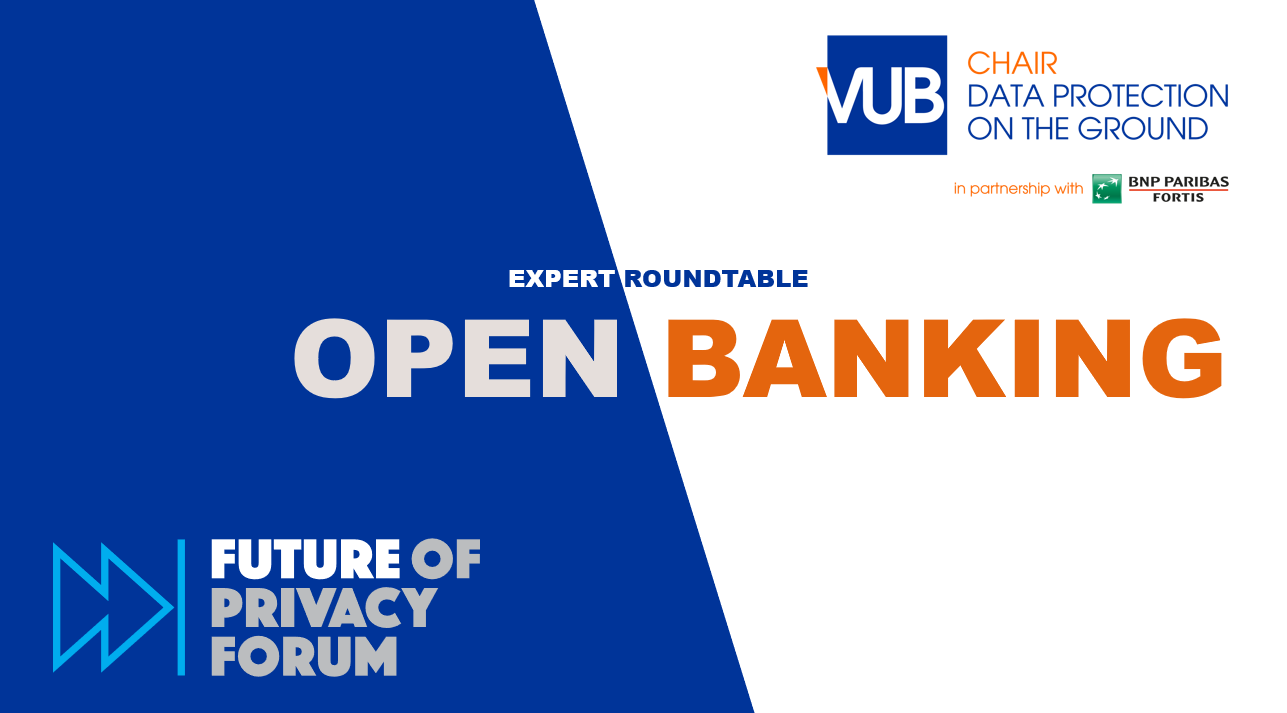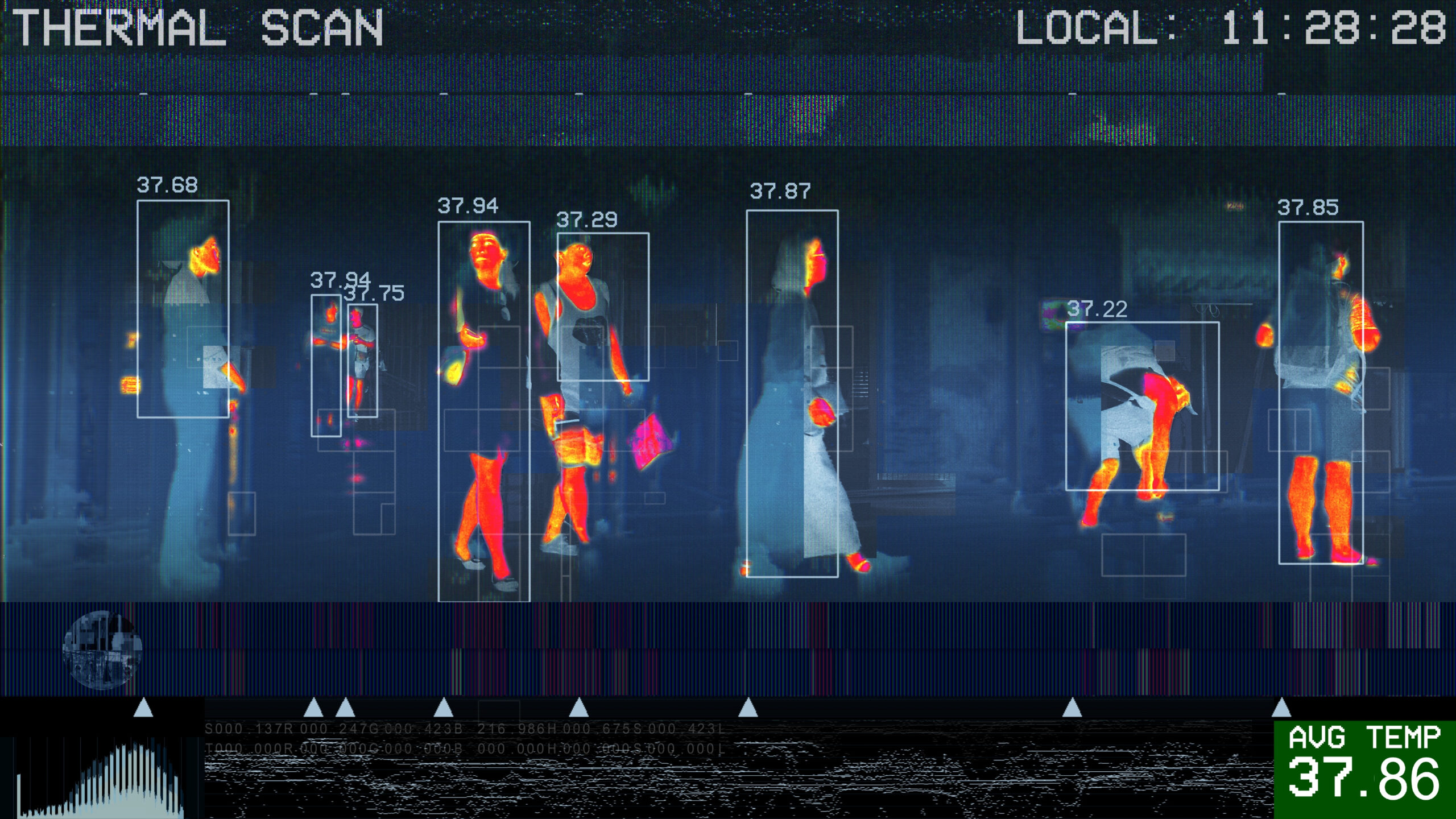Showing results for viiia20 pronged promised zimbabwe

FPF & Dataskydd.net Webinar – Privacy in High Density Crowd Contexts
Authors: Hunter Dorwart and Rob van Eijk On 30 September 2020, Future of Privacy Forum (FPF) and Dataskydd.net jointly organized the webinar ‘Privacy in High Density Crowd Contexts’. A key aspect of the webinar was the role of industry-driven privacy standards in the development and deployment of privacy-friendly technologies for crowd management, mobile connectivity, and […]

Five Top of Mind Data Protection Recommendations for Brain-Computer Interfaces
By Jeremy Greenberg, [email protected] and Katelyn Ringrose [email protected]. Key FPF-curated background resources – policy & regulatory documents, academic papers, and technical analyses regarding brain-computer interfaces are available here. Recently, Elon Musk livestreamed an update for Neuralink—his startup centered around creating brain-computer interfaces (BCIs). BCIs are an umbrella term for devices that detect, amplify, and translate […]

How the Student Privacy Pledge Bolsters Legal Requirements and Supports Better Privacy in Education
The Student Privacy Pledge is a public and legally enforceable statement by edtech companies to safeguard student privacy, built around a dozen privacy commitments regarding the collection, maintenance, use, and sharing of student personal information. Since it was introduced in 2014 by the Future of Privacy Forum (FPF) and the Software and Information Industry Association, […]

FPF Presents Expert Analysis to Washington State Lawmakers as Multiple States Weigh COVID-19 Privacy and Contact Tracing Legislation
In response to the ongoing public health emergency, over the past few months state legislatures in the United States have diverted their resources towards establishing state and local reopening plans, allocating federal aid, and promoting public trust and public participation by addressing concerns over privacy and civil liberties. Many states have introduced bills which […]

FPF & VUB Roundtable – Banking on Personal Data
Authors: Caroline Hopland, Ine van Zeeland, and Rob van Eijk FPF & Vrije Universiteit Brussel: Banking on Personal Data Last week, Future of Privacy Forum (FPF) and Vrije Universiteit Brussel (VUB) hosted a roundtable on open banking. Twenty subject-matter experts discussed some of the main challenges in banking and data protection law: consent and its […]

California SB 980 Would Codify Many of FPF’s Best Practices for Consumer Genetic Testing Services, but Key Differences Remain
[…] strict standards for the use and sharing of genetic information generated in the consumer context. Companies that pledged to follow the guidelines, including Ancestry, 23andMe, and Helix promised to: provide safeguards for how genetic information is collected, used, shared, and retained; implement consent requirements for the initial collection and certain subsequent disclosures of genetic […]

Thermal Imaging as Pandemic Exit Strategy: Limitations, Use Cases and Privacy Implications
[…] claim to have sold thousands of units to US customers since the COVID-19 outbreak began. Thermal cameras are appealing as an exit strategy solution due to some promised advantages over handheld thermometers. They claim to detect the temperatures of many people at once, whereas handheld thermometers can only test one person at a time. […]

Bipartisan Privacy Bill Would Govern Exposure Notification Services
Authors: Stacey Gray, Senior Counsel; Katelyn Ringrose, Christopher Wolf Diversity Law Fellow; and Polly Sanderson, Policy Counsel Yesterday, Senators Cantwell (D-WA), Cassidy (R-LA), and Klobuchar (D-MN) introduced a new COVID-19 data protection bill, the Exposure Notification Privacy Act, which would create legal limits for “automated exposure notification services.” The bill comes on the heels of […]

Artificial Intelligence and the COVID-19 Pandemic
By Brenda Leong and Dr. Sara Jordan Machine learning-based technologies are playing a substantial role in the response to the COVID-19 pandemic. Experts are using machine learning to study the virus, test potential treatments, diagnose individuals, analyze the public health impacts, and more. Below, we describe some of the leading efforts and identify data protection […]

FPF and Privacy Analytics Identify “A Practical Path Toward Genetic Privacy”
Paper highlights de-identification standards, re-identification research, and emerging technical, contractual, and policy protections that can safeguard genetic data while supporting research. Genomic data is arguably the most personal of all personally identifiable information (“PII”). Techniques to de-identify genomic data to limit privacy and security risks to individuals–while that data is used for research and statistical […]
